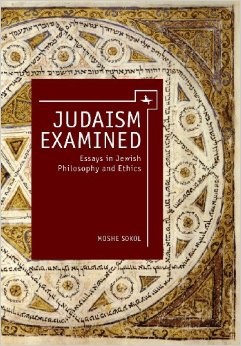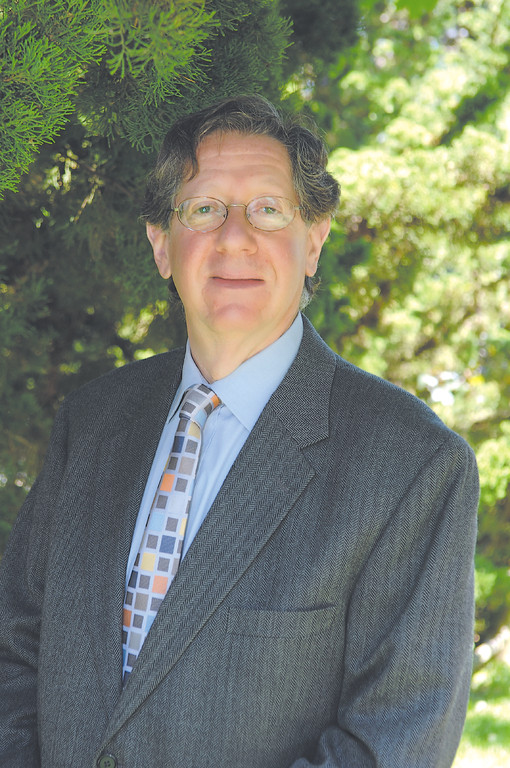Celebrating both the joy and reality of Purim
Life’s reality as it is reflected in Jewish theology is relative. For some, reality is real; for others, too many others, reality is but a dream. That dream, to that person’s mind, is reflected in a reality of either fantasy or delusion. And, that is sad, a sad reality.
Among the real realities that serve to soften the harshness of life is that of joy, and thus we come to the reality that we call and commemorate in the story and lessons of Purim.
Among the leading theologians of our faith is Rabbi Dr. Moshe Sokol, the rav of the Yavneh Minyan in Flatbush, Dean at Lander College, and a member of the faculty at Touro College. Dr. Sokol holds a Ph.D. in philosophy from the University of Pennsylvania and studied at the Talmudic Yeshiva of Philadelphia, Yeshiva Torah Vada’at, and at the Israel Torah Research Institute (ITRI) in Jerusalem, from where he received his rabbinic ordination.
Considering this background, it is opportune to note the recent publication of an anthology of 18 essays by Dr. Sokol entitled, “Judaism Examined: Essays in Jewish Philosophy and Ethics” [Touro College Press, Academic Studies Press, 2013].
Given this weekend’s celebration of Purim, it would be timely to bring to your attention this book’s first essay, “Maimonides On Joy,” in which the author details the Rambam’s theological and philosophical views concerning the whole concept of joy in our faith and of its “on the ground” application within the context of Purim.
Below, as has been my want, I will cite numerous quotes from the author that will give you a taste of his thinking and teachings as they apply to one of the most joyous holidays on the Jewish calendar. Hopefully, at some point, you will have the opportunity to explore further Dr. Sokol’s teachings and find practical meaning for their application in your observances of this meaningful holiday.
For the Rambam, joy is defined by linking it with knowledge of G-d. As this applies to Purim, the Rambam goes further in the application of both the concept and experience of joy. Consider the following:

 51.0°,
Fog/Mist
51.0°,
Fog/Mist 







